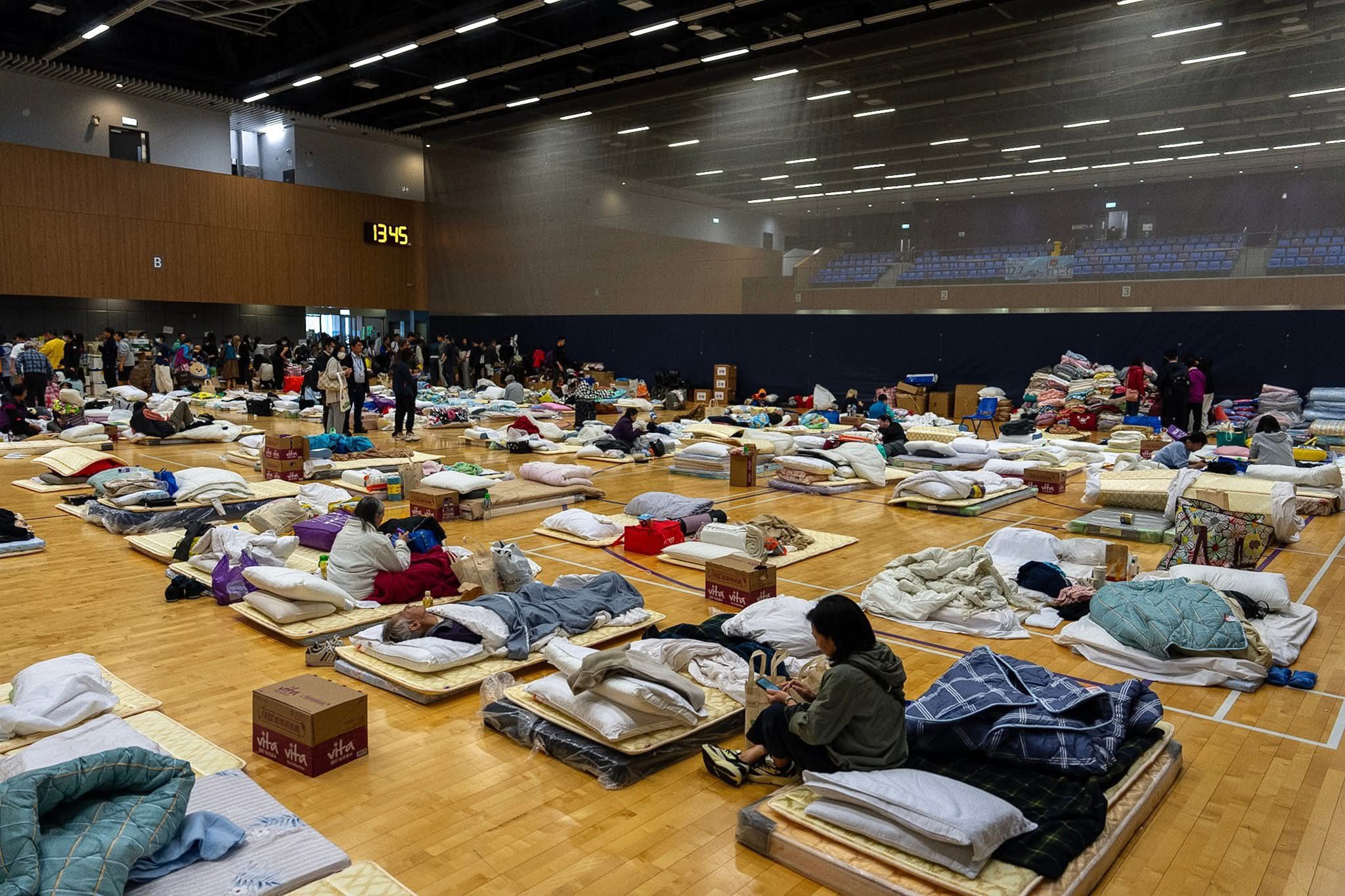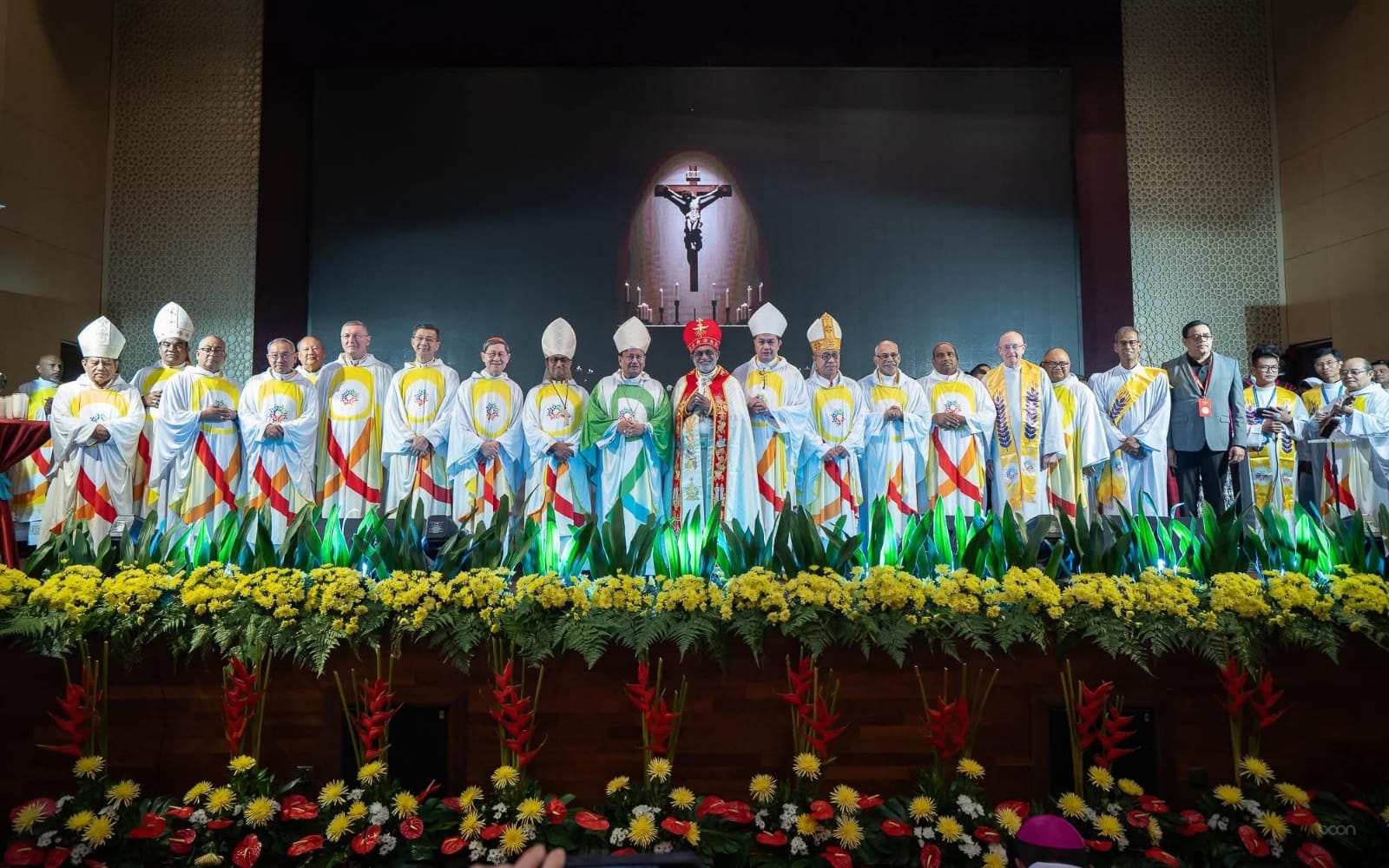Main image: Rabban Hormizd is an important monastery of the Chaldean Catholic Church, founded about 640 AD, carved out in the mountains about 2 miles from Alqosh, Iraq, 28 miles north of Mosul. (Photo: Hardscarf. Licence: CC BY-SA 4.0. Source: Wikipedia)
Joaquim Magalhães de Castro
Iraqi Cardinal Louis Raphael Sako, patriarch of the Chaldean Catholic Church, known for his open-mindedness and directness, in a statement during the Week of Prayer for Christian Unity held in Baghdad at the end of last January, could not be more incisive: “The Eastern Churches need a new posture!”
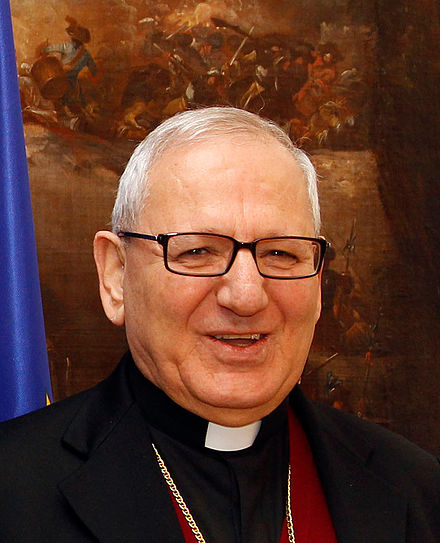
This appeal follows on from his approach to the present and future of Middle Eastern Christianity and the fateful conclusion that without “paths of unity and fraternal communion” among local Christians, the Faith of Christ will hardly survive in that corner of the world, “where He was born, died and rose again”. There, more than in any other part of the planet, Christian communities are fatally conditioned by the society in which they live. The majority of the population in such geographies is Muslim and, as a result, the legislation that regulates social coexistence is based on their teachings and religious rules, “almost always in conflict with the phenomena of modernity”.
Faced with such a scenario, Christians in the Middle East, instead of speaking with one voice, compete with each other by insisting on highlighting the different traditions of their churches and ethnic-national identities. The controversial prelate considers that the ideas expressed by many of the priests in that region are completely out of touch with reality. In his opinion – expressed in an interview with Union Catholic Asia News journalists – the words of these priests “do not touch the feelings of the addressees nor feed their hope”. If this continues, he concludes: “future generations will lose their Faith”.
Deep down, this Chaldean Patriarch regrets that the Eastern Catholic Churches have not yet assimilated the spirit of the Second Vatican Ecumenical Council (1962-1965) or that of the most recent Synod for the East, in 2010.
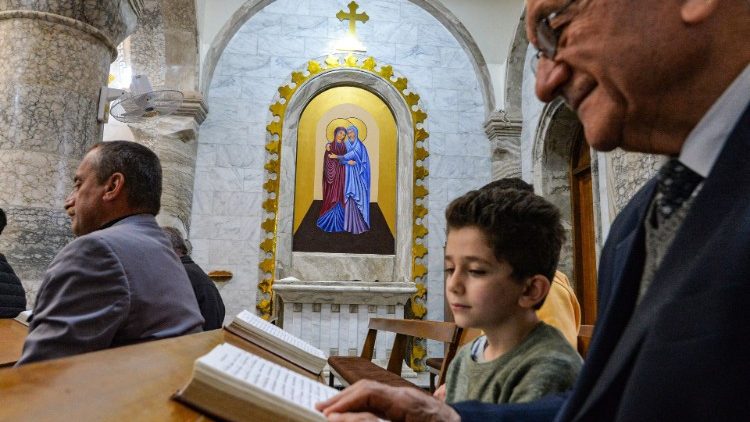
The Eastern Churches: A Rich History and Diverse Community
- The Eastern Churches are a group of Christian churches that developed in the eastern part of the Roman Empire and have their roots in the earliest Christian communities in the region.
- These churches include the Orthodox Church, the Oriental Orthodox Church, and the Eastern Catholic Church (which is in communion with the Roman Catholic Church but has its own distinctive liturgical, theological, and spiritual traditions).
- The Eastern Churches are primarily located in the Middle East, Eastern Europe, and parts of Asia.
Faced with the urgent needs of the present, the question of unity must be an absolute priority. Also because the Christians of the Levant are minorities in their own countries. “Our strength lies in harmonious unity, the guarantee of survival and continuity in the dissemination of our message,” proclaims Louis Raphael Sako. However, such unity does not mean erasing the theological, liturgical and spiritual traditions of other communities. Nor should the Common Christological Declarations, signed by the majority of the heads of the Eastern Churches, be considered as a mere “courtesy gesture”… Commitment to the same faith in Christ should show paths of unity and help to overcome divisions and distrust. In this regard, and evoking a significant historical reference, Cardinal Louis Raphael Sako recalls that while “Byzantine theologians were discussing the sex of angels”, Constantinople was under siege. Then, it was what we saw…
In these lands marked by conflict, discrimination and violence that fuel exodus and migration (on average, 20 Christian families leave Iraq every month), it is urgent that Church leaders overcome petty differences, fanaticism and fear. “Only in this way will the Christian presence in the Middle East be safeguarded,” says the prelate, recalling the many martyrs of that region, “a true treasure of the Churches that bear in their bodies the pain of Christ”. Something like that doesn’t go away easily.
In addition to the union between Christians, it is essential to build bridges with Muslims, capitalizing on the immense common points between the two creeds. This was highlighted by Cardinal Sako in a speech addressed to an audience of Christian and Muslim scholars within the framework of an event centered on the figure of the Virgin Mary held on February 24 at the Latin Cathedral of St. Joseph in Baghdad. In his speech, Sako recalled that the doctrinal differences between Christianity and Islam regarding the figure of Mary can be “objectively evaluated and understood” in the context of sincere relationships.
“In the Christian experience,” he said, “the person of Mary is united with the mystery of Christ”. Her role and her greatness are recognized and celebrated “through her relationship with her son and never apart from him”. Referring to “Islamic Mariology”, the Iraqi prelate recalled that the Koran speaks several times about Mary and dedicates an entire chapter to her. The Holy Book of Islam recognizes the virginity of the Mother of Christ and her immaculate purity. All stages of Mary’s life are mentioned in the Qur’an: the Annunciation, the pregnancy, the birth of Jesus, the Presentation in the Temple and the Dormition. Furthermore, the Primate of the Chaldean Church noted that Mary holds a special place in popular Islamic devotion, as Muslim women enjoy visiting Marian shrines. At the end of his speech, he stressed that “Christianity considers men and women created in the image and likeness of God”, therefore endowed with equal dignity and rights.
“Christianity,” added the cardinal, “rejects polygamy because it contradicts the design of God expressed in creation”.

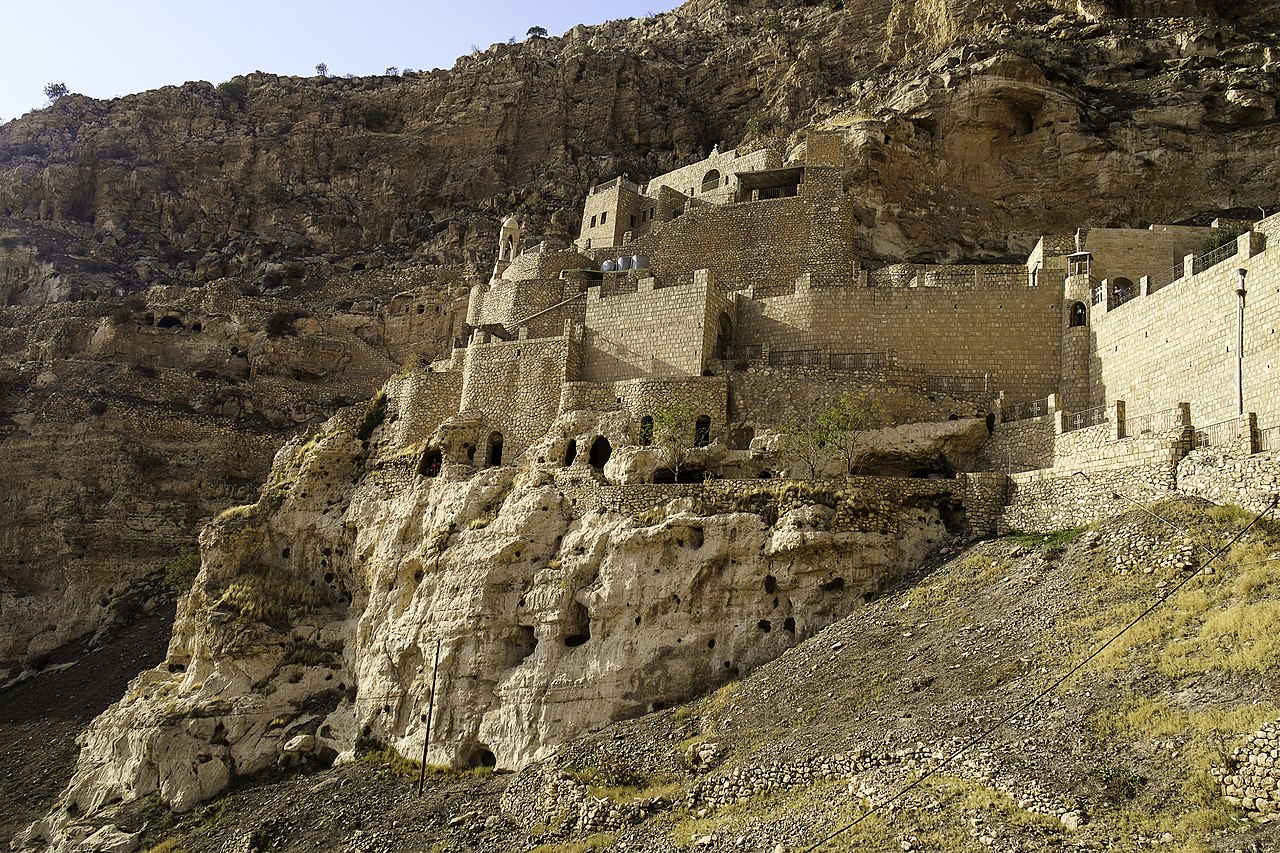
 Follow
Follow

